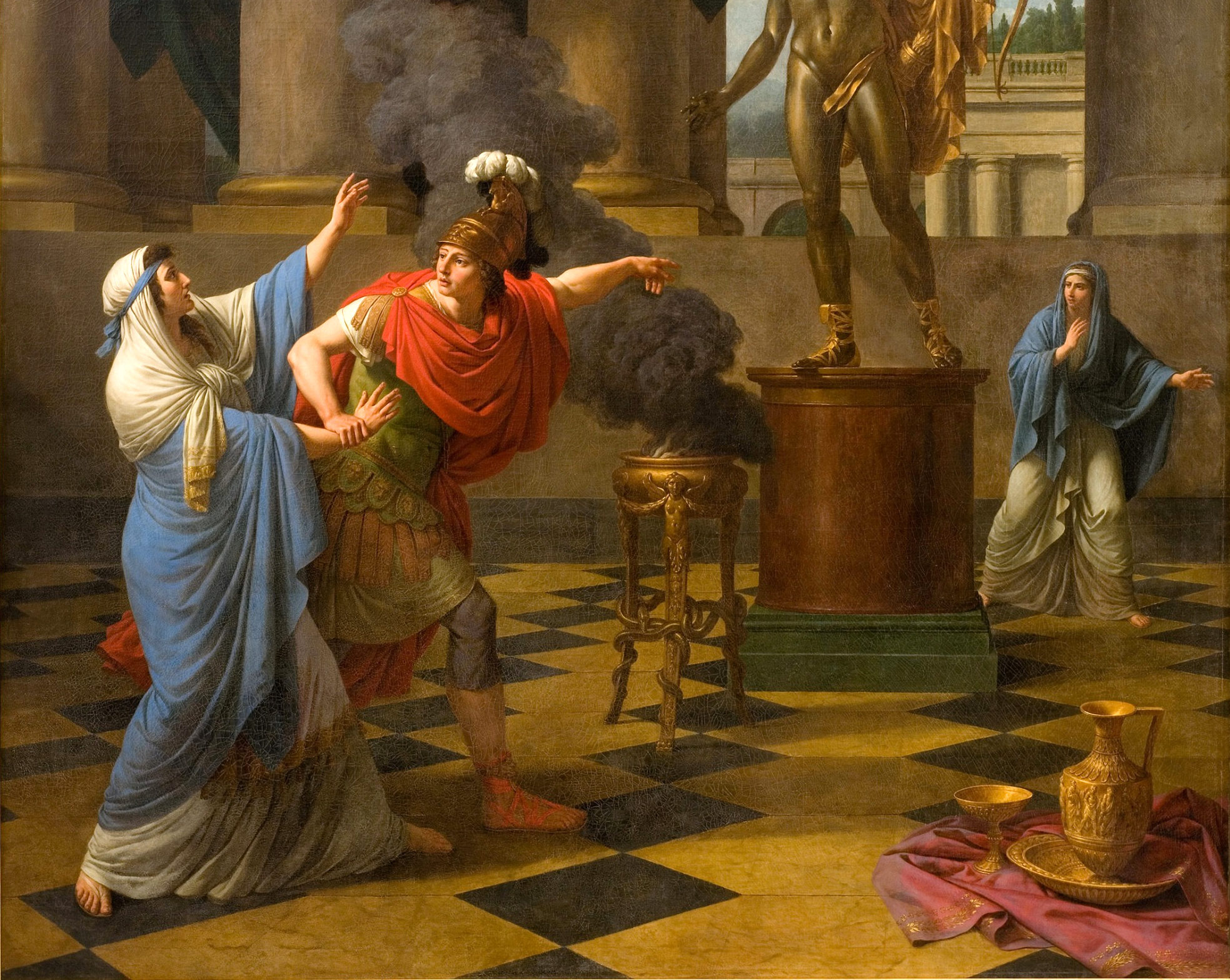Despite his title, Alexander was known for his wanton cruelty and savagery against his enemies
Subscribe to All About History now for amazing savings!
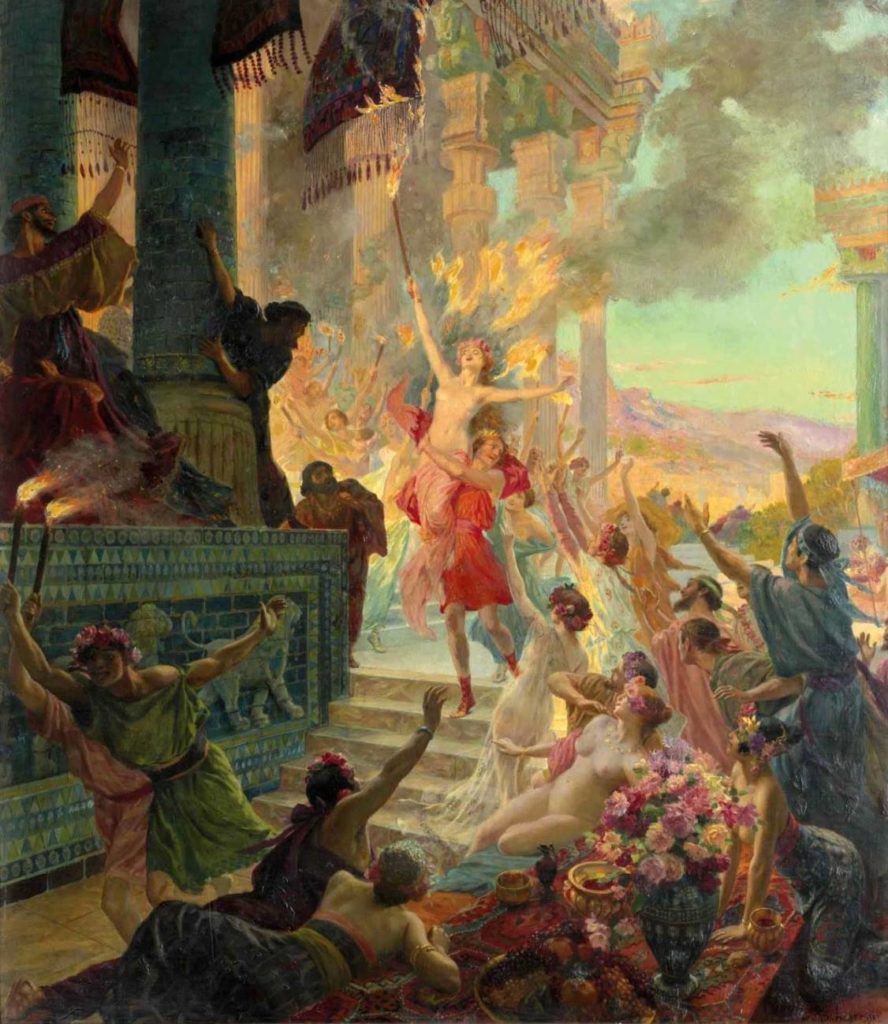
BURNING OF PERSEPOLIS
The Persian capital Persepolis housed numerous works of art and treasures. During the Persian invasion of Greece in 480 BCE, many Greek villages, cities and temples had been raised by the army of Xerxes I. It’s often thought that the memory of these crimes led Alexander and his men to torch the city, though several accounts state he was drunk.
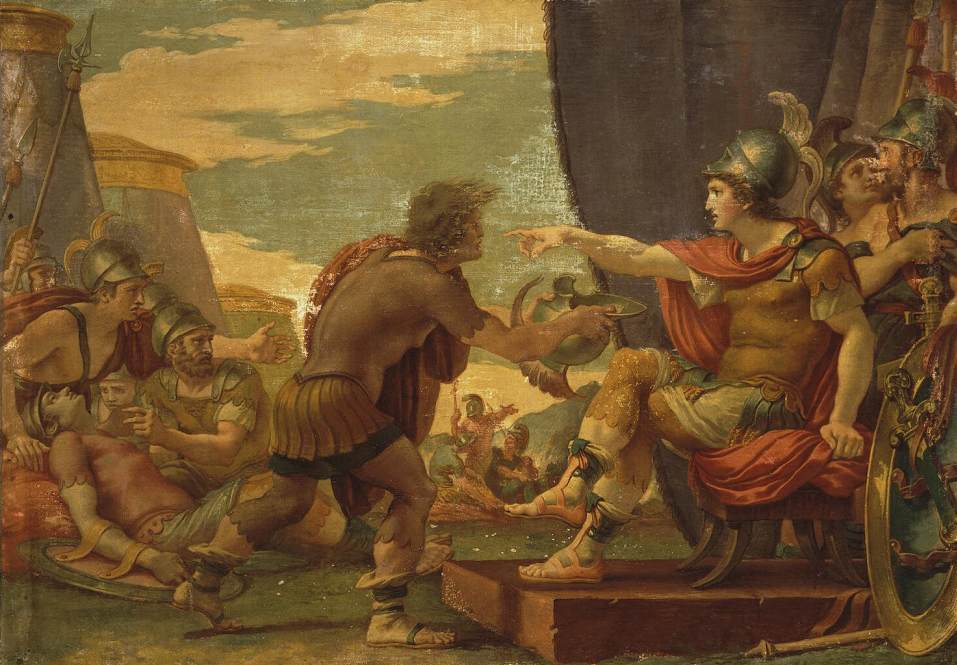
CONSPIRACY OF THE PAGES
Alexander was served by many pages, one of whom, Hermolaus, killed a boar that was marked for Alexander. Publicly flogged, Hermolaus was humiliated. He, along with his lover and several others, conspired to kill the king while he slept. But Alexander spent the night drinking and failed to return. The plan revealed, the boys were stoned to death by the Macedonian court.
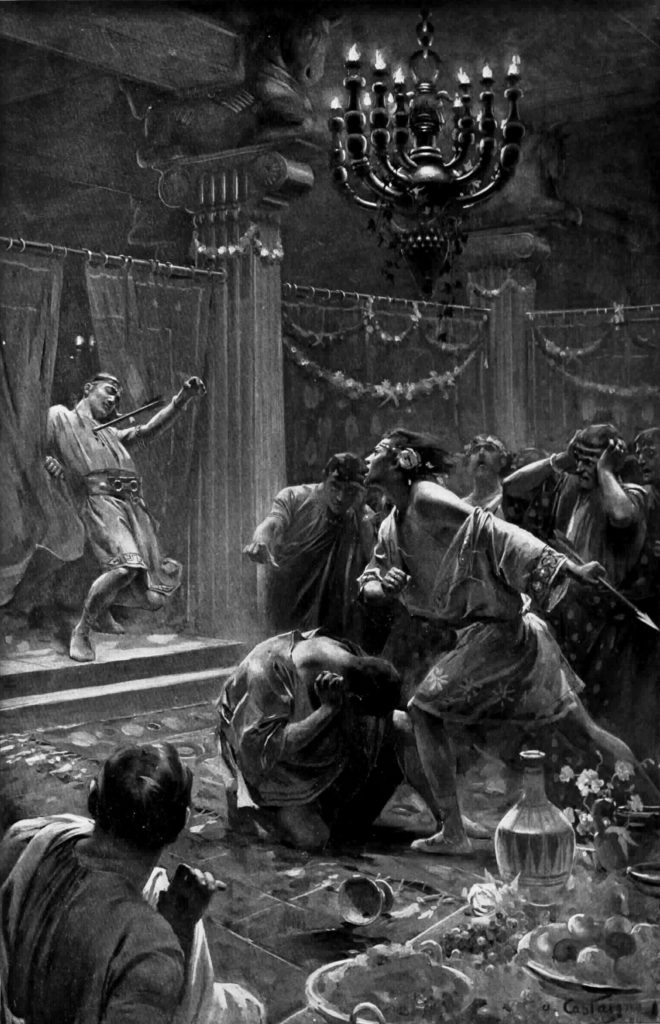
CLEITUS KILLED
During the Battle of Granicus, Alexander was attacked by Persian satraps and was saved by Cleitus. Alexander gave Cleitus the satrapy of Bactria and organised a banquet to celebrate. When both men were heavily intoxicated, an argument began in which Cleitus claimed Alexander’s achievements were due to his father. Furious, Alexander grabbed a spear and murdered Cleitus.
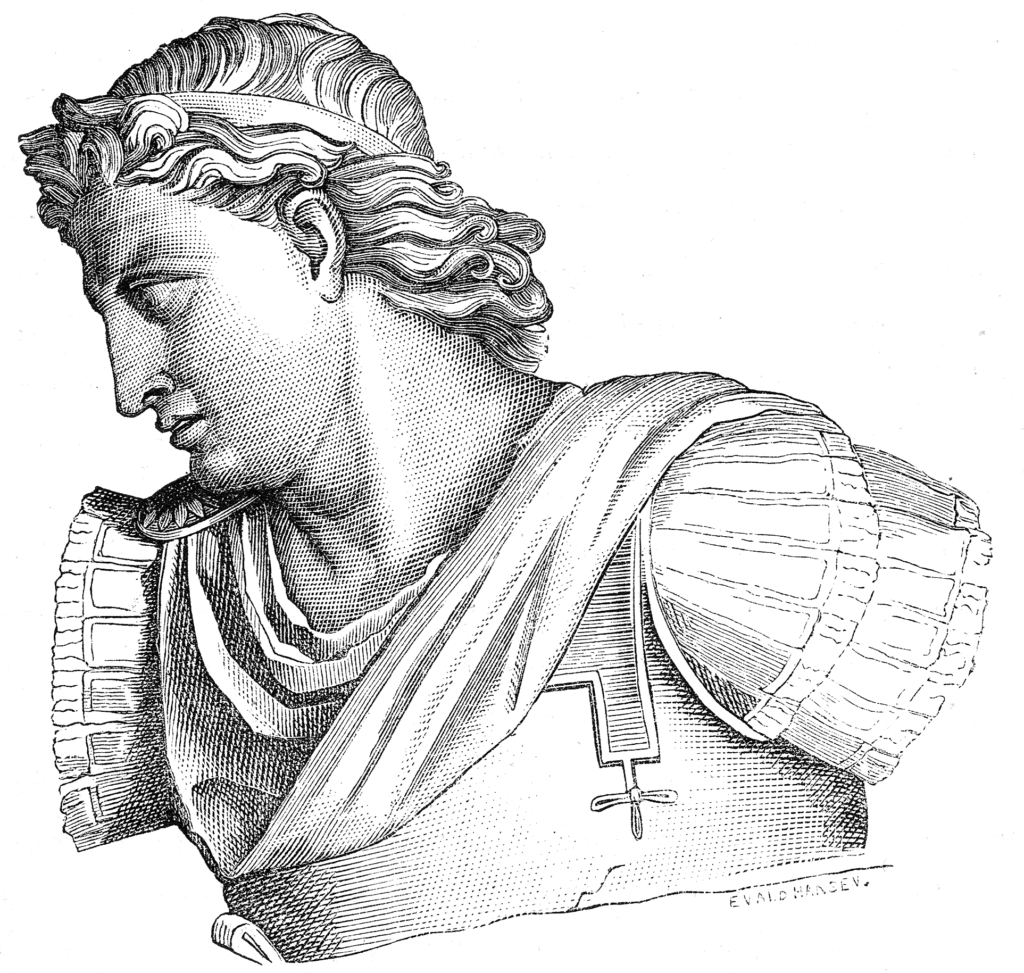
BATIS BRUTALISED
Batis was the commander of the city of Gaza during a fierce battle and following defeat was brought before Alexander. Ordered to submit, Batis remained silent. Enraged, Alexander dragged him through the city attached to his chariot. Alexander boasted that he’d replicated the acts of his ancestor Achilles against his enemy Hector – except Hector had already been dead.
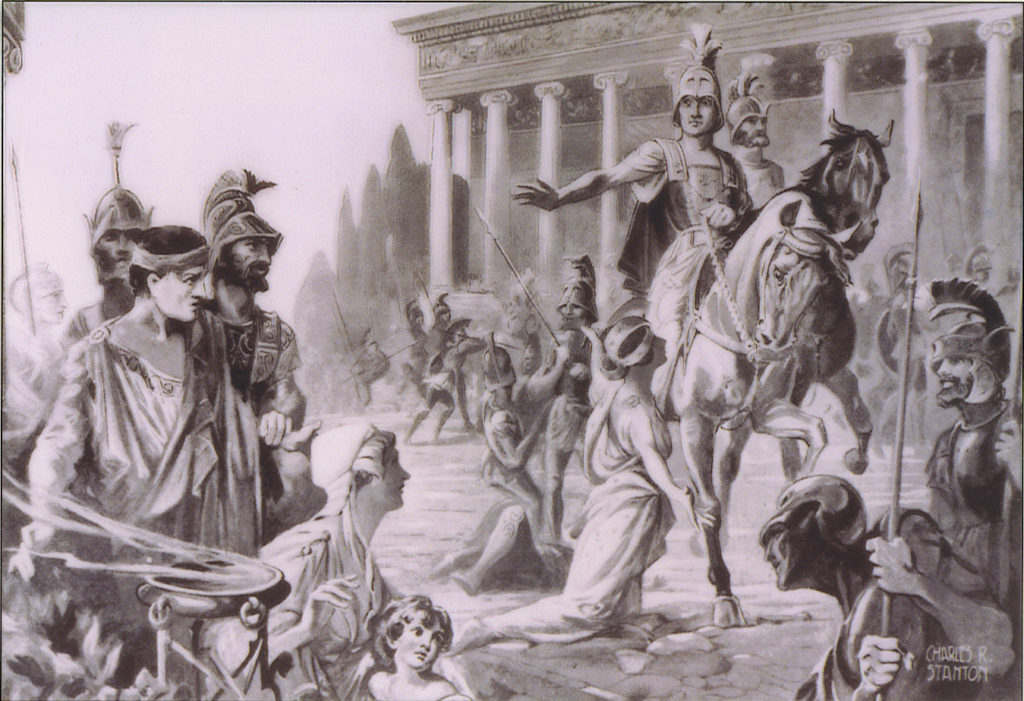
DESTRUCTION OF THEBES
In 335 BCE, in response to the city revolting, Alexander marched into Thebes. After a fierce battle, he wanted to send a message to the other Greek states to ensure that they would remain loyal to him. Rounding up the 30,000 Thebans who’d survived the battle he had them all sold into slavery then burnt the city to the ground.
Taken from All About History issue 88. Banner image source: wiki/Louis-Jean-François Lagrenée
Subscribe to
All About History now for amazing savings!


